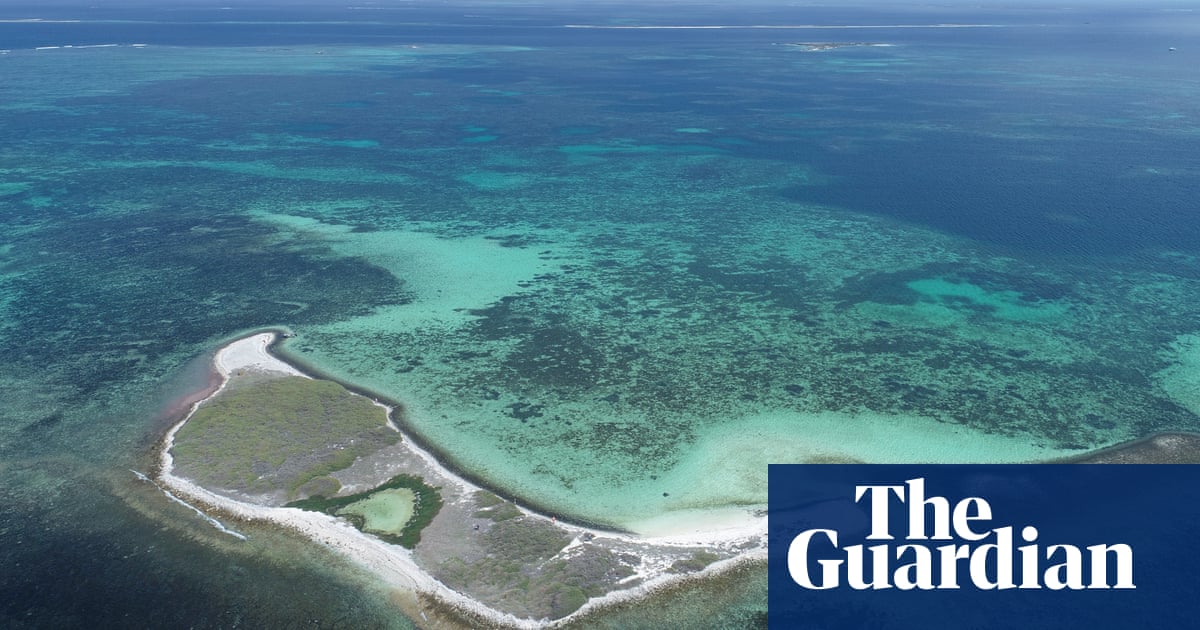
"Koehler emphasizes that previously accepted narratives of food-driven madness may oversimplify the group's dynamics, as starvation created a chaotic struggle for survival amidst societal breakdown."
"The mass graves discovered on the islands provide chilling evidence of the brutality that followed the shipwreck, challenging our understanding of human behavior under extreme duress."
"The tragedy of the Batavia not only reflects a dark chapter in maritime history but also serves as a stark reminder of the potential for humanity's darkest instincts to emerge in dire circumstances."
"By uncovering bias in historical accounts and questioning the simplicity of villainous narratives, Koehler invites us to reconsider what we know about the events that transpired."
The tragic shipwreck of the Batavia in 1629 off the Australian coast resulted in more than 100 deaths due to subsequent violence among survivors. Initially, it was believed that a mutiny led by an evil man caused the anarchy post-wreck. However, Dutch academic Jaco Koehler proposes that starvation may have driven ordinary individuals to horrific acts rather than a premeditated conspiracy. Research continues at mass graves found on the islands, shedding light on the brutality of human nature when survival is at stake, challenging established narratives of this historical event.
Read at www.theguardian.com
Unable to calculate read time
Collection
[
|
...
]